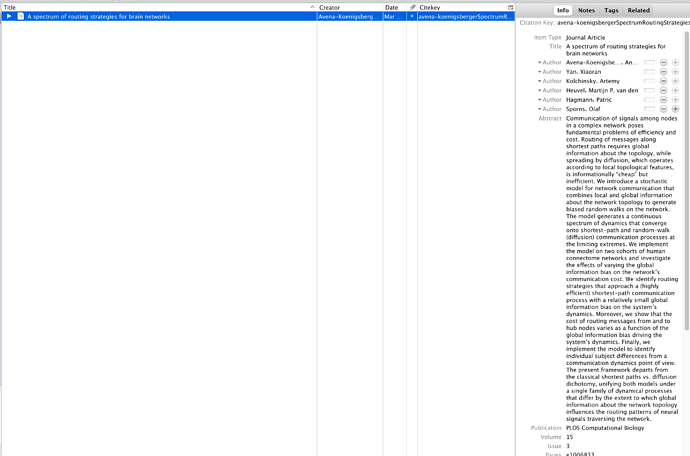So no one ever taught me good or bad research practice.
I often end up using gathering references from a lot of different sources. I don’t have the time to read every source in full, analyze its purposes, strengths, and weaknesses, etc. Although it can sometimes be very helpful to check earlier sources for specific claims, which may contradict later interpretations. I don’t always have the languages, either.
For example if I’m interested in the sizes of cities, within each urban network they are related to each other. I may be able to track down estimates of their importance, modern estimates of their area in hectares, ancient estimates of their population-- which are rarely trustworthy–, and ancient estimates of how many people were killed or captured when they were sacked, from Diodorus, Livius, etc.
I feel like I’m data-mining any sources I can get. I know I’m not closely reading the best sources I can get, or more often, can’t get because the best academic translations are too expensive.
I feel like I could screw this up.
Anyway, with a lot of unfinished projects, trying to bookmark relevant pages, process and import relevant books into my Calibre libraries, etc. I get incredibly bloated libraries and bookmark lists. Without knowing if I need to keep half of these files around. (2,285 books or articles in my main Calibre research library, and a lot which I haven’t imported from files or logged from hard copies.) I get long lists of footnotes. Without really appreciating the individual works I’ve cited.
On one hand, maybe I should focus on fewer more important references, to avoid misinterpreting things.
On the other, maybe I should keep going, to avoid throwing out good and useful data, taking advantage of computers, online archives, etc. for research that would be a lot harder before these.
On the left foot, too many bookmarks slow down my pdf reading software.


![Alaric the Goth and the Sack of Rome [feat. Dr. Douglas Boin]](https://i.ytimg.com/vi/t2TDTZ5O6cM/maxresdefault.jpg)